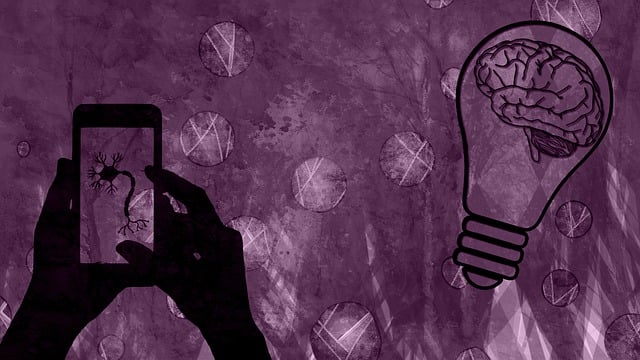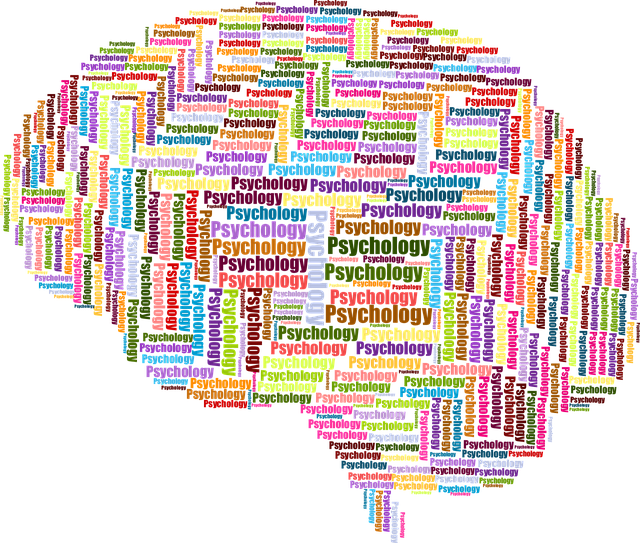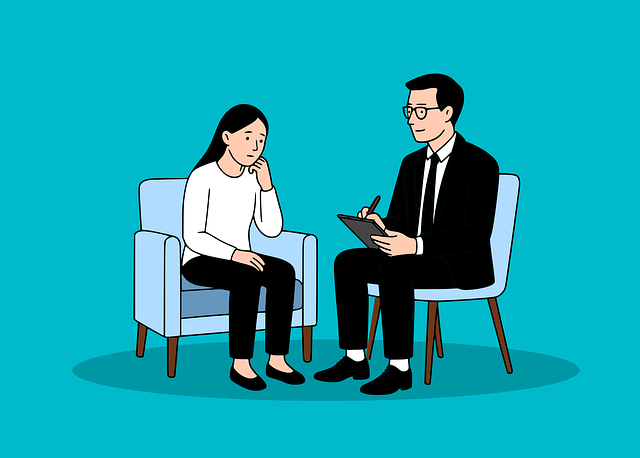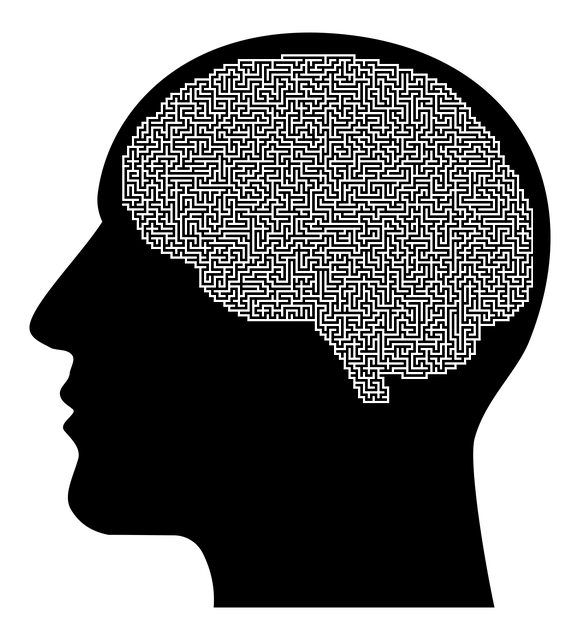Mental wellness app development is a booming field, offering digital solutions for various emotional and mental health needs, including specialized apps like Parker Blended Families Therapy tailored to blended families. These apps integrate technology with therapy, enhancing access to care and addressing regulations, data security, and user experience design. By providing remote communication, self-reflection tools, and targeted support, they revolutionize therapy while prioritizing privacy, ethics, and cultural competency for diverse populations.
In today’s digital age, mental wellness app development is transforming access to care. “Understanding Mental Wellness App Development: A Comprehensive Overview” explores the burgeoning landscape of digital health solutions. We delve into specific needs, like those of blended families, using Parker as a case study. Key features and functionality enhance therapy sessions on-the-go, while addressing critical privacy, security, and ethical considerations in digital mental health care. Discover how apps, such as those tailored for Parker Blended Families Therapy, are revolutionizing support for diverse family structures.
- Understanding Mental Wellness App Development: A Comprehensive Overview
- Targeting Specific Needs: Designing for Blended Families with Parker
- Key Features and Functionality: Enhancing Therapy Sessions on the Go
- Privacy, Security, and Ethical Considerations in Digital Mental Health Care
Understanding Mental Wellness App Development: A Comprehensive Overview

Mental wellness app development is a burgeoning field that leverages technology to support emotional regulation and enhance mental health services. These applications cater to diverse needs, from stress management and mindfulness practices to specialized therapy and social skills training. As digital solutions become increasingly integrated into healthcare, understanding the nuances of app development becomes paramount, especially for platforms designed to assist individuals facing complex challenges like those in blended families navigating co-parenting dynamics (Parker Blended Families Therapy).
A comprehensive overview of mental wellness app development involves considering user experience design, evidence-based practices, data security, and integration with existing healthcare systems. Developers must also address the evolving landscape of mental health regulations, ensuring their apps comply with standards such as the Risk Assessment for Mental Health Professionals. By combining innovative technology with therapeutic interventions like social skills training, these apps have the potential to revolutionize access to care and improve outcomes for individuals seeking support for their emotional well-being.
Targeting Specific Needs: Designing for Blended Families with Parker

In today’s diverse society, mental wellness apps have evolved to cater to a wide range of users, including those within blended families. Parker Blended Families Therapy is a prime example of an app designed with this specific need in mind. By focusing on the unique dynamics and challenges faced by blended families, developers create a more targeted and effective support system. This personalized approach ensures that apps can address not just individual mental health concerns but also the complex emotional intelligence required to navigate family structures where biological and step-parents coexist.
Integrating Mental Health Awareness into the app’s core features allows for a holistic experience. Users can expect resources that promote open communication, conflict resolution strategies, and coping mechanisms tailored to their situations. The design should encourage users to participate in self-reflection exercises, fostering emotional intelligence and helping them recognize and manage individual and collective triggers. Furthermore, incorporating educational elements through interactive activities or modules related to mental health education programs design can empower blended family members to take charge of their well-being.
Key Features and Functionality: Enhancing Therapy Sessions on the Go

In today’s digital age, mental wellness apps are revolutionizing therapy sessions, offering a convenient and accessible approach to care, especially for those with busy schedules or unique needs, such as Parker Blended Families Therapy clients. These applications provide a portable tool for enhancing traditional therapy practices on-the-go. One of the key features is remote communication, enabling therapists and clients to engage in virtual sessions via video conferencing, fostering continuity of care despite physical distances.
Additionally, mental wellness apps can incorporate various functionalities to support individuals’ mental health journeys. For instance, self-awareness exercises tailored to specific challenges faced by blended families can help identify triggers and promote healthier coping mechanisms. Users can also benefit from features that facilitate the development of a consistent self-care routine, incorporating mindfulness practices, journaling prompts, and personalized recommendations for stress relief. These tools empower individuals to actively participate in their mental wellness, complementing traditional therapy sessions and fostering overall well-being.
Privacy, Security, and Ethical Considerations in Digital Mental Health Care

In the realm of digital mental health care, where apps like Parker Blended Families Therapy gain prominence, privacy, security, and ethical considerations are paramount. As more individuals turn to technology for support, ensuring the protection of sensitive personal and health information becomes crucial. The development of mental wellness coaching programs demands robust security measures to safeguard data breaches and unauthorized access. This is particularly important when addressing issues that can be highly personal, such as family dynamics and therapy sessions.
Ethical guidelines must also be rigorously followed to maintain trust and foster a culture of transparency. Healthcare provider cultural competency training plays a vital role in ensuring diverse populations feel comfortable and understood within these digital spaces. Moreover, promoting mental health awareness through accessible apps can revolutionize care, but it must be done responsibly, considering the potential implications on users’ privacy and well-being.
Mental wellness app development is transforming digital health care, especially for blended families seeking therapy. By understanding user needs, incorporating innovative features like those seen in apps designed for Parker blended families, and addressing critical privacy and security concerns, developers can create powerful tools enhancing access to mental health support. This evolving landscape offers immense potential to improve lives, making it imperative to prioritize both technological advancements and ethical considerations in the pursuit of effective digital therapy solutions.














